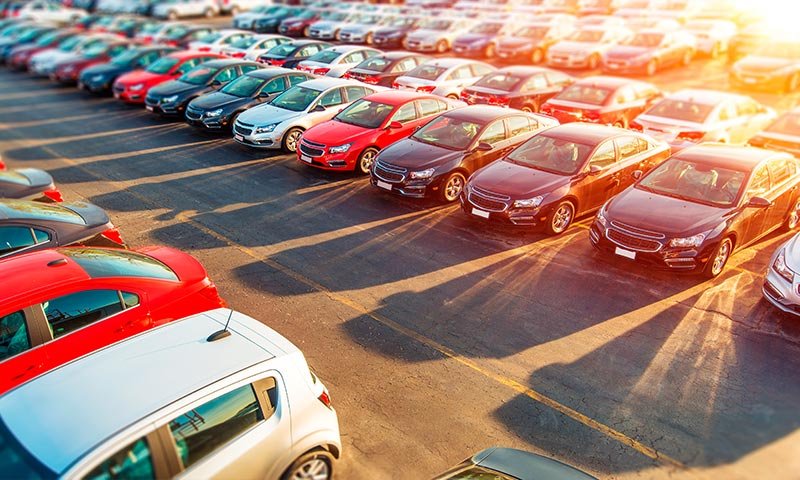China’s automotive market will recover from the coronavirus crisis with strong growth of more than 6 percent this year, according to estimates from experts.
“It should be able to equal economic growth or even exceed a little bit,” Cui Dongshu, the head of China’s Passenger Car Association (CPCA), told dpa on Saturday ahead of the international car show Auto Shanghai.
China’s government has forecast growth of more than 6 percent for the country’s economy this year.
In 2020, China’s automotive market fell by 6 percent due to the impact of the pandemic, which hit the country particularly hard at the beginning of the year.
Since the summer, China has had the virus largely under control, with only small outbreaks reported since.
Sales of electric cars are likely to see particularly fast development in China’s car market, which is the largest in the world.
“Seventy percent [growth] should be no problem,” Cui said. “I think the new energy vehicle will expand faster.”
Consumers now have more trust in the quality and reliability of electric cars, he added.
German industry expert Ferdinand Dudenhoeffer sees the Chinese car market as the “great locomotive.”
“China is powering away from everyone,” the director of the Centre Automotive Research (CAR) told dpa.
He added that things are also getting better in the United States, as the huge stimulus package of the new administration of President Joe Biden is also promoting cars. “But it will be nowhere near as strong as China,” Dudenhoeffer believes.
South America is drowning in chaos, he said. “Europe will rather stagnate or have small increases,” he said.
Jia Xinguang, director of the China Association of Automobile Manufacturers, sees the massive restrictions on petrol in big cities as a driving force for electric car sales.
China’s big cities are limiting the granting of licence plates and giving preference to electric cars.
“Now the main factor is the restriction of fuel cars. Subsidies and environmental awareness are not the main thing,” Jia said.
With about 1,000 exhibitors, Auto China in Shanghai, which starts on Monday, is now the largest car show in the world.
Hundreds of thousands of visitors are expected in the 12 exhibition halls before it ends on April 28.
Since China has largely had the coronavirus under control since last summer, this is already the second major car show in China in just seven months, after Beijing in September.
However, visitors have to show a negative coronavirus tests, have their body temperature measured and prove with the official app that their participation is not a risk and that they have not been to risk areas.
Especially since the beginning of the year, the market in China has been booming: In the first three months, new registrations rose by 76 percent to 6.48 million passenger car sales.
The big jump can also be explained by the low basis for comparison a year ago when the country was largely at a standstill at the beginning of the coronavirus crisis.
Nevertheless, a real increase of “a good 20 percent” remains, Dudenhoeffer said. “China is definitely the very big bright spot.”
The increase is mainly driven by rapid economic development. In the first quarter, the world’s second-largest economy experienced record growth of 18.3 percent compared to the same period last year.
The government expects “more than 6 percent” growth this year, while the International Monetary Fund (IMF) even forecasts 8 percent. As the only major economy in the pandemic, China had achieved average growth of 2.3 percent in 2020.
One in three cars sold worldwide, or 32.4 percent, is already sold in China, the CAR calculates. The share should rise to 34 percent by 2025, Dudenhoeffer said. “The gap is widening.”
In 2025, the Chinese car market should be some 10 times as large as the German market, with sales of 30 million new cars.
This means that dependence on China is also growing. “Our carmakers are no longer imaginable without China,” said the expert. “The jobs in Munich, Stuttgart or Wolfsburg depend on China.”
But there is no alternative, he said: “Either Germany stays in the car business – and then with China – or we get out of China, then we also get out of the car industry.”

